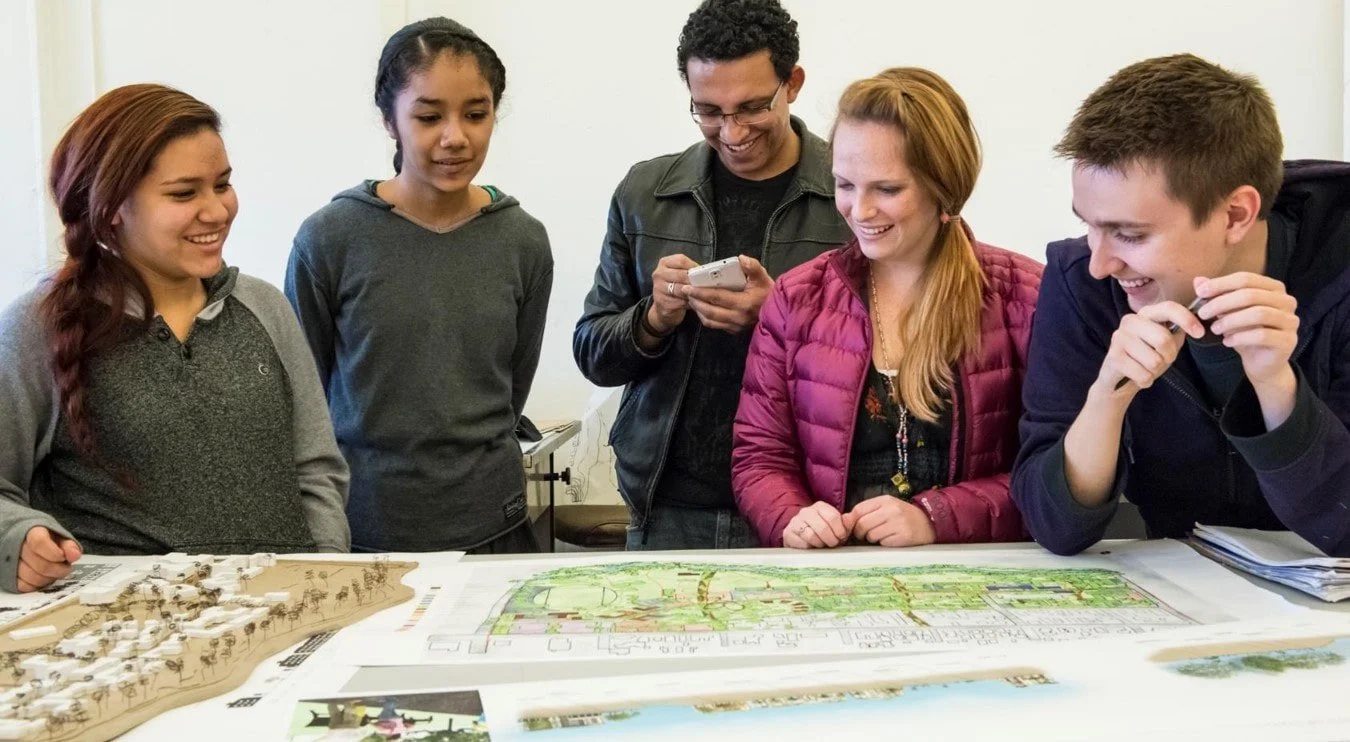ReGen Villages with James Ehrlich
While we can design for circularity and closed loop systems, there isn’t such thing as a “Regenerative building.” That’s because regeneration is about evolution and aliveness. But does the rise of A.I. change this if buildings can learn?
I’m just going to be upfront about a bias I’ve held around technology and regeneration. I skew heavily towards thinking that regeneration is embedded in relationships, and not so much silicone or semiconductors. This, however, is exactly why I was intrigued to have technologist and Stanford entrepreneur-in-residence James Ehrlich of ReGen Villages join me on The Regenerative Real Estate Podcast.
We covered a lot of ground in the episode, and it was fascinating to hear James’ journey that began with film making about biodynamic farms for public broadcasting. James is now the principal of ReGen Villages, an ambitious software meets real estate development firm that seeks to change how we design, construct, and live in self-sustaining communities.
Dubbed “The Tesla of Ecovillages” ReGen Villages seeks to use software and machine learning to help drive localized solutions to creating ideal human habitats that are in harmony with nature.
James makes the case that there is an inordinate amount of decisions and factors that go into creating housing developments, and that no one person or firm can process this amount of data. By using a software like ReGen Villages, complex planning and design decisions can be made that consider things like zoning, climate, floodplains, and conservation areas. Not only does he see the need for disruption in the pre-development phase, but also in how buildings and communities can adapt to on-going changes that artificial intelligence, overtime, can assist with through monitoring and evaluation.
What struck me is James’ compelling arguments for how if we shift how we are doing things, we can create life-giving habitats that are ecologically restorative with other benefits such as improved health and economic opportunities. What I’m taking away from the conversation is that James doesn’t see this as a utopian idea, but as a present solution that needs to be brought to communities around the world.
This is certainly a conversation that I’ve received a lot of great feedback on, and it will definitely get your gears turning if you decide to tune into the full episode!












